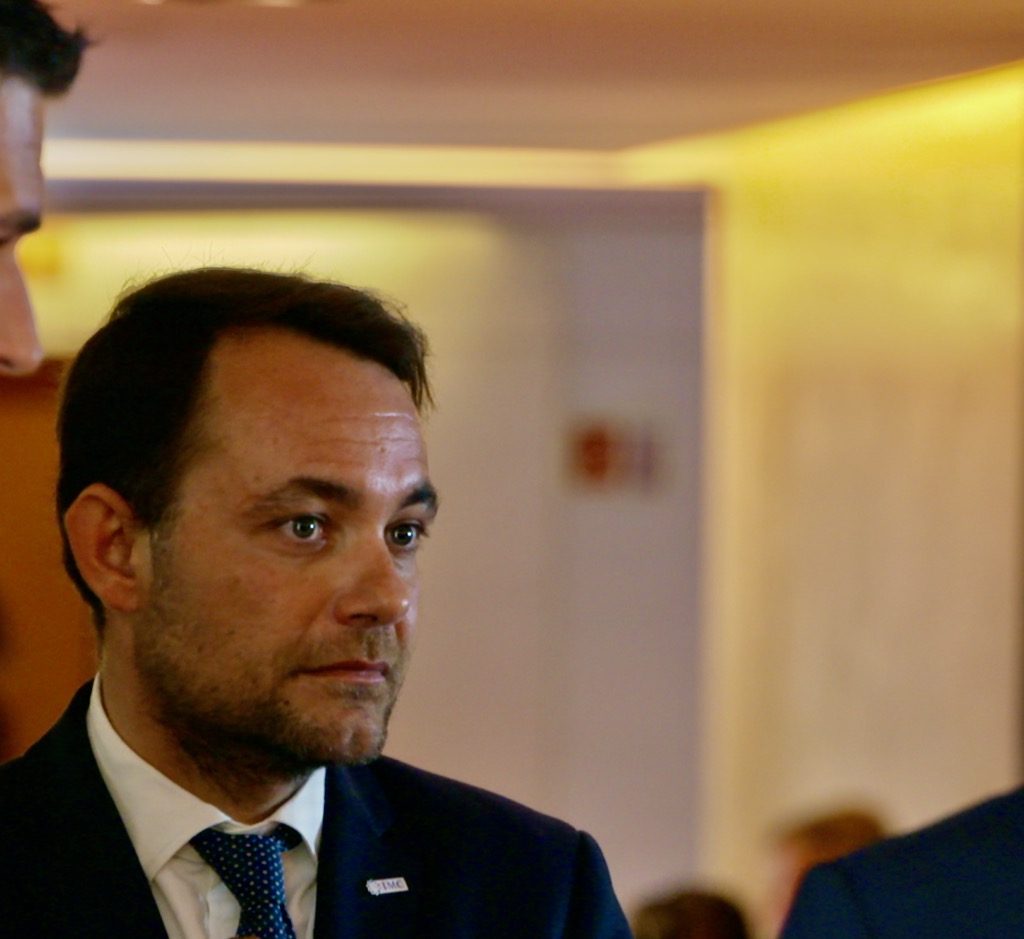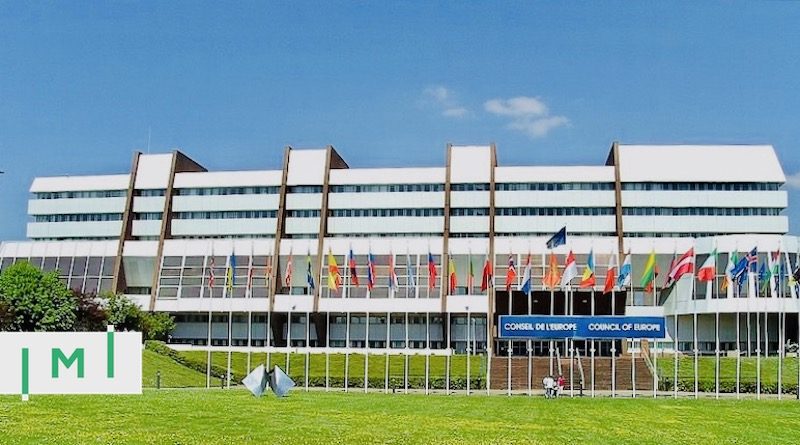IMC Welcomes Council of Europe’s Report on Investment Migration
The implication of the report’s recommendations for regulation and common standards is that investment migration is a legitimate business.
A recent report from the Council of Europe (CoE) endeavors to shed an objective light on issues surrounding investment migration in EU states.
Adopted by the Committee on Migration, Refugees and Displaced Persons, the report delves into details of legalities, CoE conventions, and past recommendations of MONEYVAL and FATF. It offers recommendations on elevating the mechanisms and probity of investment migration within the union, highlighting that investment migration should be contemplated on a supranational level.
The report included recommendations to the Committee of Ministers (CoM), such as enhancing communication between member states while simultaneously increasing cooperation in regards to investment migration issues. The assembly also advised the CoM to work on improving transparency in vital matters such as the source of funds of foreign investments coming into each state.
The assembly emphasized the need for proactive risk mitigation as a crucial factor and highlighted cryptocurrencies as a potential red flag in investment migration, as they lack the traceability and transparency required for a low-risk process.
The report’s recommendations to the CoM included:
- advise member States on effective mutual legal assistance and common policies for the prevention, detection and prosecution of typical cases of money laundering;
- emphasise the specific obligations of public authorities requesting or receiving private investments from abroad, in order to avoid money laundering by public authorities and to ensure that proceeds from crime can be attached and seized from public authorities through mutual legal assistance with other member States;
- support establishing public transparency registers in member States for investments in real estate, companies and incorporated trusts or associations as well as other preventive measures against money laundering;
- analyse the risks inherent in cryptocurrencies regarding money laundering and tax evasion;
- establish, possibly in cooperation with the OECD and the EU, common standards for member States on tax evasion through investment migration;
The assembly also addressed issues on a state level, with recommendations set out for all states of the union; focusing on better communication, setting plans for citizenship withdrawal in extreme cases, compliance with the EU financial watchdog’s recommendations, and tightening AML and tax fraud measures.
The recommendations to EU states listed in the report included the following:
The Assembly calls on member States to pay greater attention to unlawful investment migration and take concerted action against it. Member States should in particular:
- comply with the respective recommendations contained in country reports by GRECO and MONEYVAL as well as the recommendations by the Financial Action Task Force (FATF), and inform their national parliaments thereof;
- inform relevant member States, where citizenship or a residence permit is awarded to their nationals, with due regard to the protection of personal data; cases of multiple citizenship and residence permits should be known to the countries where these persons hold citizenship;
- ensure that any investment, especially if it comes from abroad and occurs in the context of investment migration, is made with the highest levels of transparency and traceability, including identification of the natural or legal persons on whose behalf or in whose name such investment is made, as well as identification of the origin or source of the investment;
- refrain from awarding citizenship or residence permits to foreign investors, where such investment is effectuated in objects or funds with little or no transparency, such as anonymous funds, beneficial ownership schemes, investments held by trustees or third parties, crypto-currency funds, art or other movable property; investment in real estate should achieve higher transparency through mandatory public land registers, which allow such real estate to be seized by the competent authorities if the illegality of an investment is established;
- cooperate closely with other member States where it is established that proceeds from crime have been used for investment migration, and ensure that any unlawful investment is returned to the legitimate owner or state;
- pursue concerted action with other member States against tax evasion through investment migration which delocalises assets and revenue from where they have been generated;
- set up domestic rules and procedures for the withdrawal of citizenship, where it has been awarded through corruption or the investment of proceeds from crime, or where it is used as an unlawful shield against law enforcement action by another member State, unless such withdrawal would lead to statelessness.
Citing a plethora of legal foundations on which to drive its reasoning, the report recommended regulating and standardizing decisive processes such as due diligence, a view mirrored by the Investment Migration Council (IMC).
Thank you for listening
Mr. Bruno L’ecuyer, IMC Chief Executive and Member of the Governing Board, has, on several occasions in the past, lamented that European institutions, when formulating reports and policy papers on EU investment migration, had left industry stakeholders and specialists out of consultations, a modus operandi that at times resulted in flawed and one-sided conclusions.
On this occasion, however, the CoE did bring industry specialists in on the consultative process, and L’ecuyer indicates he’s pleased with the resulting work.

“The Report clarifies the legal provisions and international agreements relevant to investment migration, thus making apparent that investment migration needs to be effectively regulated and minimum common standards across the continent are required,” said L’ecuyer in his official response to the report.
“Overall, this Report is aligned with the IMC’s work on improving investment migration standards, and I would like to thank the Council of Europe for consulting us in the process.”
L’ecuyer went on to highlight the IMC’s continuous endeavors in enhancing investment migration standards.
“As a responsible organisation, we are eager to continue to communicate openly with all policy stakeholders who address investment migration and to share related data, trends, and best practices. Last but not least, the IMC supports and expects rigorous, yet objective, legal analysis of all aspects of investment migration by international and supranational organisations. Politicisation of the subject matter does not only undermine the value of the legal acts of such institutions but is also counterproductive, undermining our efforts towards strengthening the investment migration standards.”
Strengthening industry-wide standards of due diligence has long been a cornerstone of the IMC’s mission to better the investment migration industry, a position the Council’s response to the CoE report reflected:
“Considering the integral role due diligence plays within investment migration, the IMC, in close collaboration with its members, also proposes a framework based on best practices. […] The majority of professionals working in the investment migration field agree that investment migration programs should be adequately regulated and high standards of due diligence imposed. Such standards will be most effective when discussed and agreed on a supranational level, such as the one Council of Europe provides, while fully taking into account the competence of states in citizenship matters.”
Ahmad Abbas is Director of Content Services at Investment Migration Insider and an 8-year veteran of the investment migration industry.



